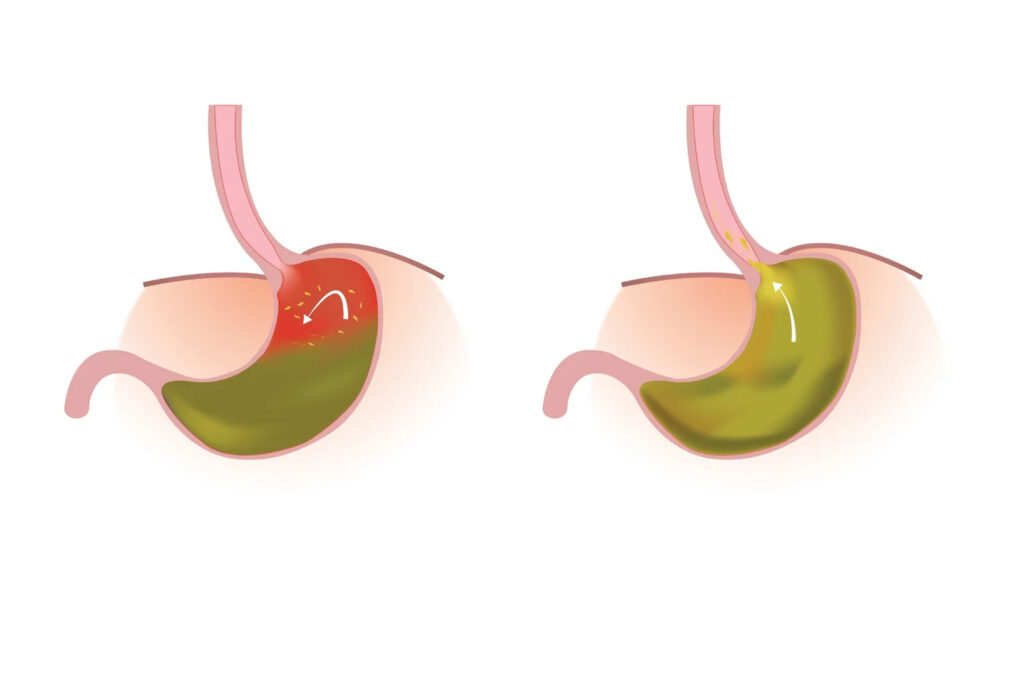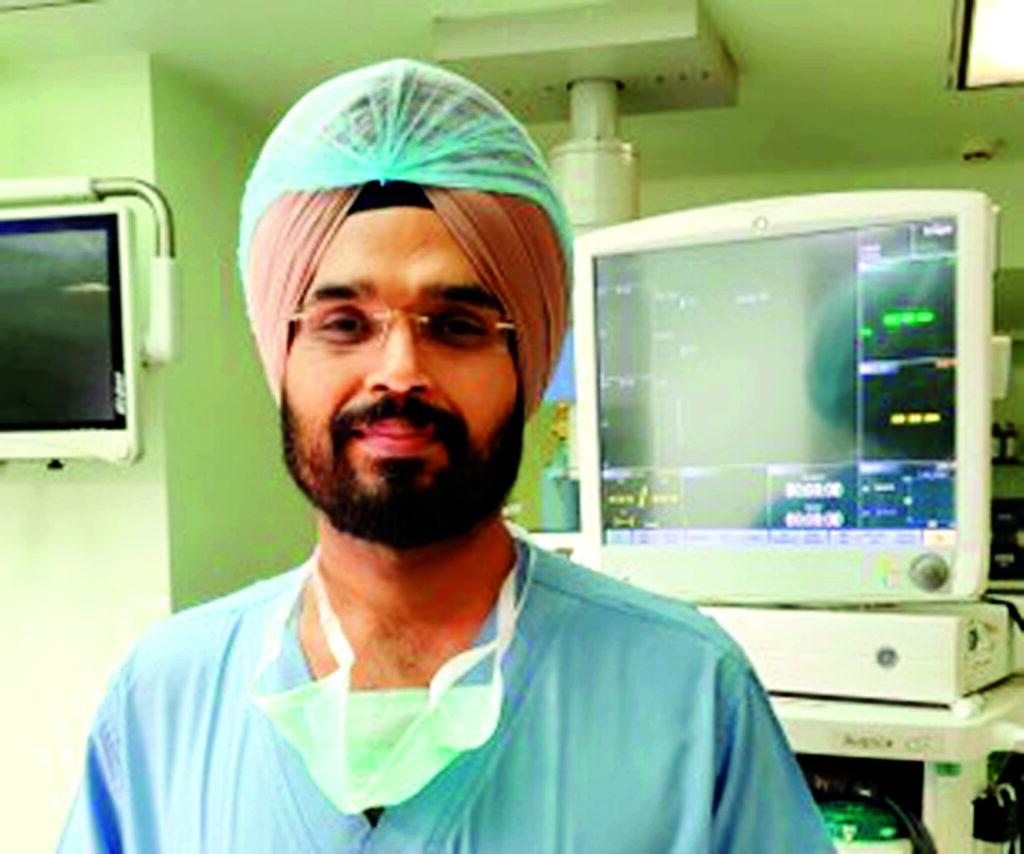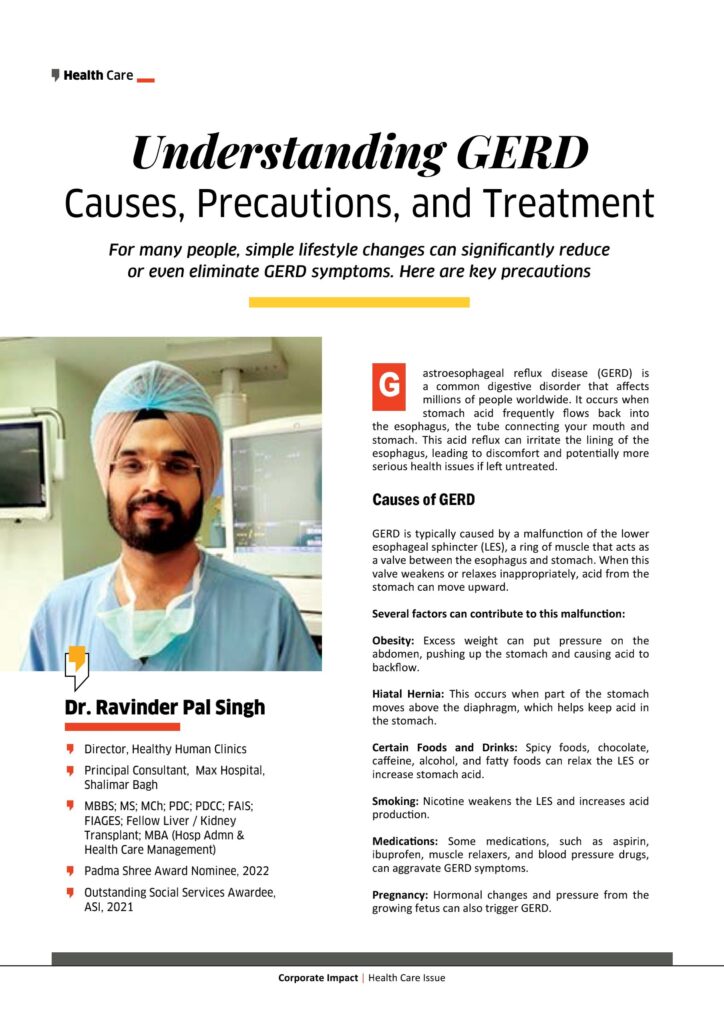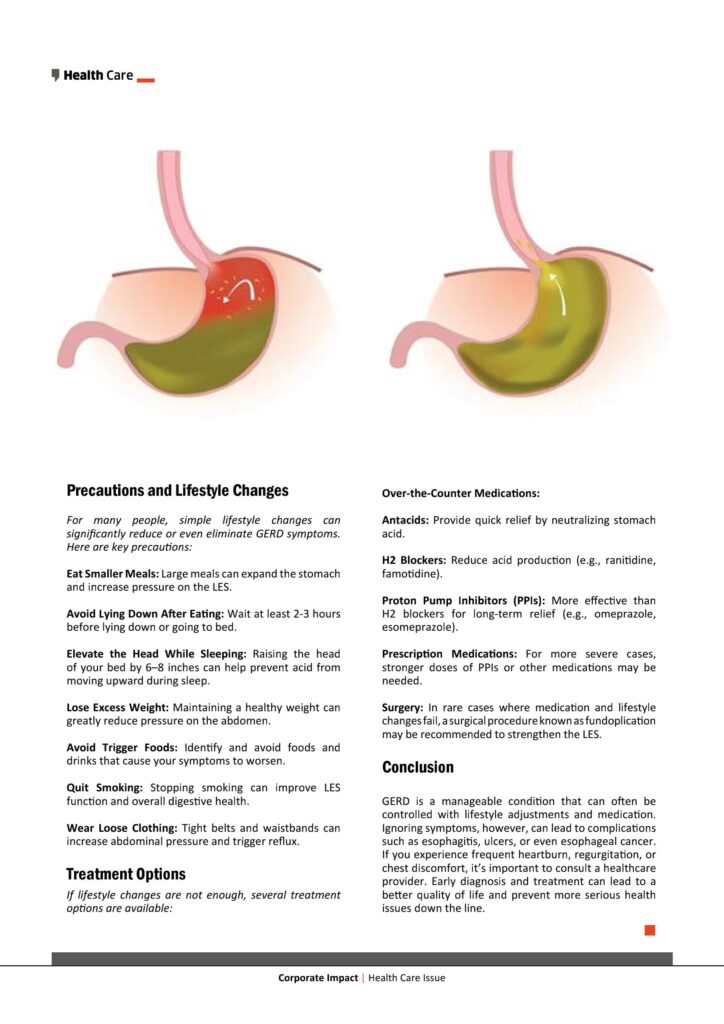Dr. Ravinder Pal Singh
Director, Healthy Human Clinics
Principal Consultant, Max Hospital, Shalimar Bagh
MBBS; MS; MCh; PDC; PDCC; FAIS; FIAGES; Fellow Liver / Kidney Transplant; MBA (Hosp Admn & Health Care Management)
Padma Shree Award Nominee, 2022
Outstanding Social Services Awardee, ASI, 2021
Gastroesophageal reflux disease (GERD) is a common digestive disorder that affects millions of people worldwide. It occurs when stomach acid frequently flows back into the esophagus, the tube connecting your mouth and stomach. This acid reflux can irritate the lining of the esophagus, leading to discomfort and potentially more serious health issues if left untreated.

Causes of GERD
GERD is typically caused by a malfunction of the lower esophageal sphincter (LES), a ring of muscle that acts as a valve between the esophagus and stomach. When this valve weakens or relaxes inappropriately, acid from the stomach can move upward.
Several factors can contribute to this malfunction:
Obesity: Excess weight can put pressure on the abdomen, pushing up the stomach and causing acid to backflow.
Hiatal Hernia: This occurs when part of the stomach moves above the diaphragm, which helps keep acid in the stomach.
Certain Foods and Drinks: Spicy foods, chocolate, caffeine, alcohol, and fatty foods can relax the LES or increase stomach acid.
Smoking: Nicotine weakens the LES and increases acid production.
Medications: Some medications, such as aspirin, ibuprofen, muscle relaxers, and blood pressure drugs, can aggravate GERD symptoms.
Pregnancy: Hormonal changes and pressure from the growing fetus can also trigger GERD.
Precautions and Lifestyle Changes
For many people, simple lifestyle changes can significantly reduce or even eliminate GERD symptoms. Here are key precautions:
Eat Smaller Meals: Large meals can expand the stomach and increase pressure on the LES.
Avoid Lying Down After Eating: Wait at least 2-3 hours before lying down or going to bed.
Elevate the Head While Sleeping: Raising the head of your bed by 6–8 inches can help prevent acid from moving upward during sleep.
Lose Excess Weight: Maintaining a healthy weight can greatly reduce pressure on the abdomen.
Avoid Trigger Foods: Identify and avoid foods and drinks that cause your symptoms to worsen.
Quit Smoking: Stopping smoking can improve LES function and overall digestive health.
Wear Loose Clothing: Tight belts and waistbands can increase abdominal pressure and trigger reflux.

Treatment Options
If lifestyle changes are not enough, several treatment options are available:
Over-the-Counter Medications:
Antacids: Provide quick relief by neutralizing stomach acid.
H2 Blockers: Reduce acid production (e.g., ranitidine, famotidine).
Proton Pump Inhibitors (PPIs): More effective than H2 blockers for long-term relief (e.g., omeprazole, esomeprazole).
Prescription Medications: For more severe cases, stronger doses of PPIs or other medications may be needed.
Surgery: In rare cases where medication and lifestyle changes fail, a surgical procedure known as fundoplication may be recommended to strengthen the LES.
Conclusion
GERD is a manageable condition that can often be controlled with lifestyle adjustments and medication. Ignoring symptoms, however, can lead to complications such as esophagitis, ulcers, or even esophageal cancer. If you experience frequent heartburn, regurgitation, or chest discomfort, it’s important to consult a healthcare provider. Early diagnosis and treatment can lead to a better quality of life and prevent more serious health issues down the line.














